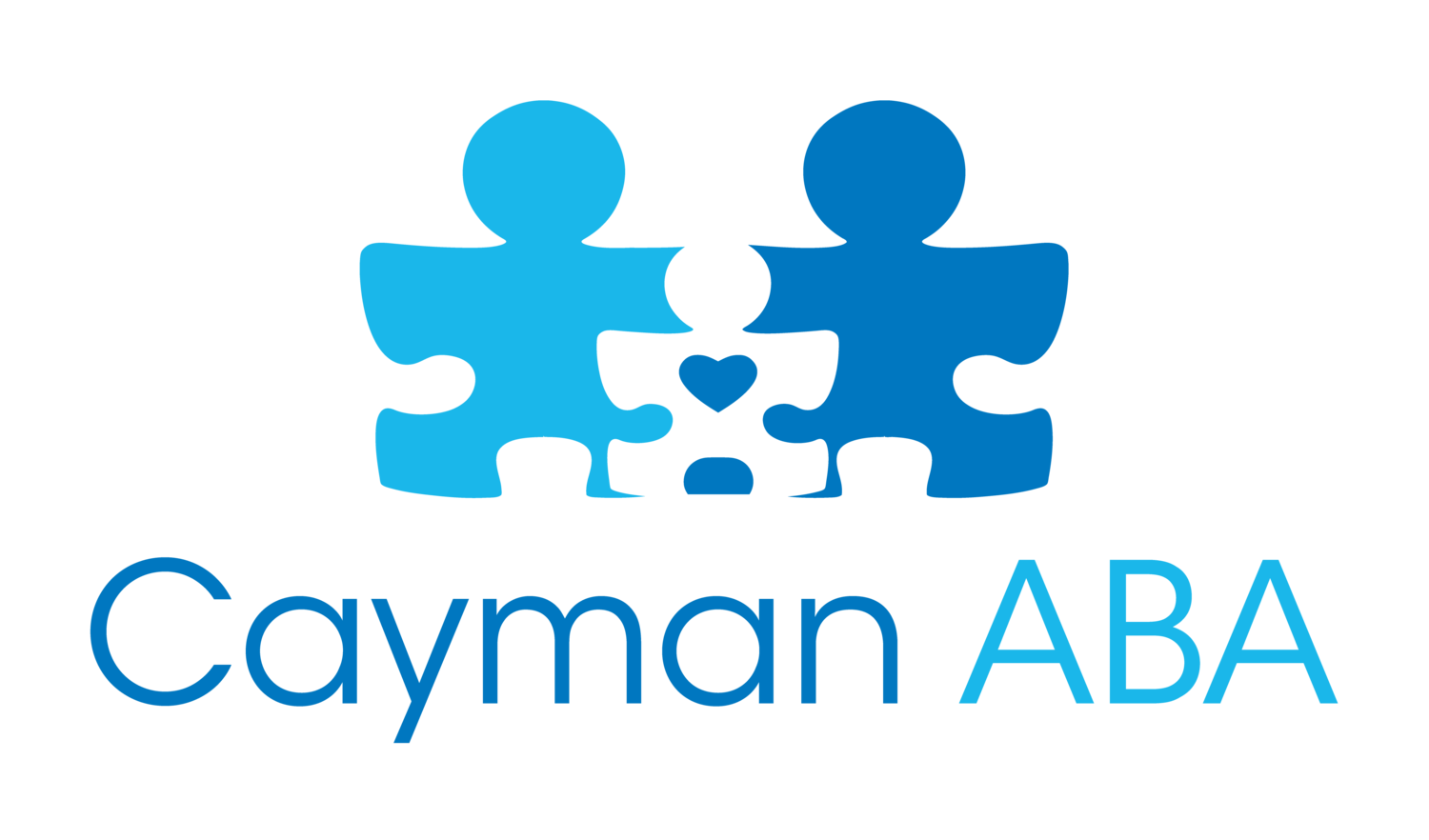Functional Behavioural Assessment
A Functional Behavioral Assessment (FBA) is:
A non-diagnostic assessment that aims to establish the the functions of behavior (i.e., why a behavior is happening). An FBA generally includes observation and data collection by a Board Certified Behavior Analyst (BCBA), looking at:
The environment where the behaviour(s) occur;
The ABCs: the Antecedents (what happens before the behaviour), the Behaviour itself, and the Consequences (what happens after the behaviour); and
Other factors that may be influencing the behaviour.
An FBA leads to a hypothesis about what “function” or purpose a behaviour serves, so a team can identify alternative “replacement” behaviors that can serve the same function, or meet the same need, without interfering with learning.
Information gathered in the FBA is generally used to develop an individualised Behaviour Intervention Plan (BIP).
An FBA focuses on a particular behavior of concern, or “target behavior.” Using various methods, often including observation, data collection, and interviews, the FBA tries to identify what leads to the behavior and what keeps it going. It looks at whether the current responses to the behavior are unintentionally reinforcing it. It looks at what could be appropriate, “replacement” behaviors to meet the same need, without interfering with learning.
An FBA helps answer questions about:
why a behavior occurs,
when and where it happens,
what generally comes before it, and
what happens afterward.
That information is used to design and target positive interventions to teach and support the student in replacing inappropriate behaviors with appropriate behaviors.
Under special education rules, a parent’s consent is required for an evaluation, including an FBA.

